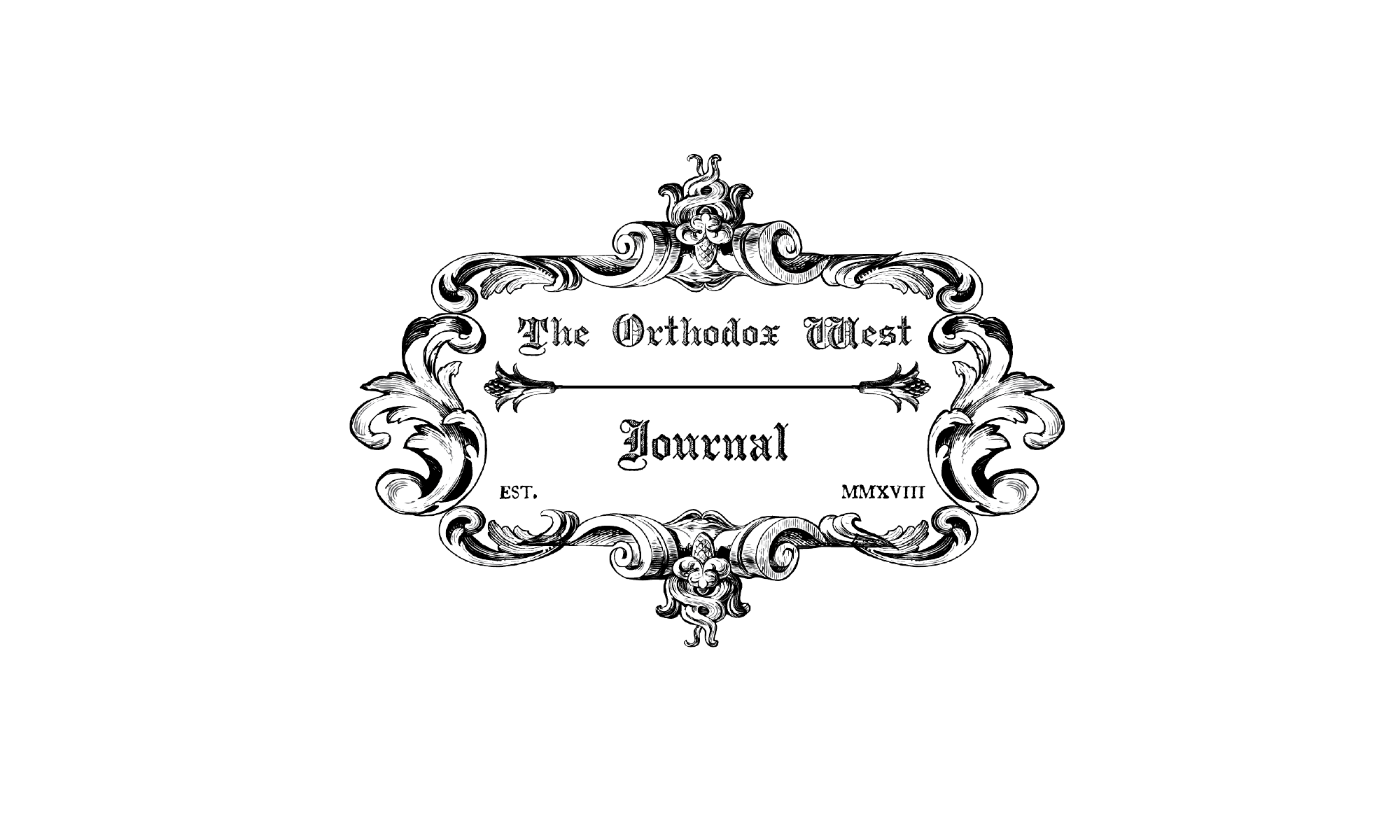I cannot attempt here to investigate the entire Roman Catholic doctrine of Indulgences. I only wish to comment briefly on the doctrine as it affects the practice of devotions. It does, indeed have an effect because the trend since the 17th or 18th centuries has been to grant indulgences mostly for performing devotions. Therefore, the practice of devotions has become linked in the popular mind with the gaining of indulgences.
According to the Apostolic Constitution on Indulgences published by Pope Paul VI in 1967, the Church from earliest times has believed such that indulgences grow out of that faith. He claims that it has always been believed by the faithful that sin brings punishment which must be expiated either on earth or in purgatory. Christ, he says has acquired infinite expiation for all the faithful. He does not explain why this is not available to all the faithful except through indulgences and grants of the Church. He then shows that the Christian Church is a unified body of believers, each united inseparably to the other. Because of this unity, Christians can work for their own and their brothers’ salvation and for the expiation of their own and their brothers’ sins. This is not necessarily a wrong idea, except for that recurring idea of expiation. We do not accept this basic presupposition which is the basis of the entire doctrine. The idea that for our sins we have been sentenced to so much suffering as a punishment and that we need to work it off somehow in this world or the next is really very odd in light of Salvation in Christ. If any penalty was to be paid, then Christ paid it for us. We may need purification either in this world or the next, but we couldn’t pay the price for our sins in any event. If we could, what is the need of Christ?
Anyway, this is the Roman presupposition. Working from this Pope Paul says:
The Church, aware of these truths ever since its origins, formulated and undertook various ways of applying the fruits of the Lord’s redemption to the individual faithful and of leading them to cooperate in the salvation of their brothers, so that the entire Body of the Church might be prepared injustice and sanctity for the complete realization of the Kingdom of God, when He will be all things to all men. 1
In other words, the Church worked out an “ecomania” keeping in mind the general good of the Church and the salvation of the members. The Bishops, he states, decided how penitential matters would be handled and what penances would be assigned. The Church, through its bishops also decides how the “Merits of Christ” would be applied to cover the sins of all.
It would seem that the doctrine of indulgences is a legalistic variation of our practice of “ecomania”. The Romans, however, have added this very legal, judicial, penalty- oriented superstructure onto the whole enterprise. The Roman Church then went on to decide ways of parceling out these “Merits of Christ.” It is quite well-known that during the late Middle Ages they were sold for money. Pope Paul VI makes mention of this and condemns it as well as the misapplication of indulgences when they did not serve the upbuilding of the Church.
As existing today, the faithful can get indulgences, which are applicable to the dead, mostly for performing acts of devotion. Therefore, almost everything we have examined in this paper has had various indulgences attached to it. Usually one must perform the specific act in connection with a sacramental confession and communion in order to gain the full indulgences. Thus, we see people communing not to commune with God, but in order to validate an indulgence; and performing acts of devotion not out of devotion, but to acquire an indulgence. Many fine prayers and devotions can be completely distorted in people’s minds by this practice.
The Rosary is a practical example of this. Many pray the Rosary not to pray and commune with God, but rather in order to buy some benefit for themselves or others. Thus, they lose the real value of the prayer. If a person were always on the watch for indulgences, he could collect them from almost every act of piety and worship and would, in fact, lose the real meaning and value of his entire spiritual life. Every sign of the cross is indulgence, the Magnificat as we sing it every morning at matins is indulgence, as is the recitation of the Creed, a visit to a cemetery, or the hymn that we sing at Compline, “Beneath Thy Compassion” and many, many more. The entire spiritual life is overlaid with this “indulgence value,” “What can I get for doing this or praying that?”
This is where most pastoral objection to special devotions lies. Most of the devotions which we have looked at are so connected in the people’s minds with the various indulgenced benefits that this becomes the motive for performing them. It is rare to find someone who prays these good and valuable devotions only out of true piety or appreciation for the spiritual beauty of it. This is the tragedy of devotions that they have become items of trade in a spiritual marketplace rather than means to come to God. The real value is overlooked in the haste to cash in on the indulgence value. Where the devotion can be separated from the indulgences, the real treasures of the devotions of the Church will again be seen.
NOTES
1 Pope Paul Vi, Apostolic Constitution on Indulgences (St. Paul Editions, Boston, 1967) p. 7.
2 Ibid. p. 10.
